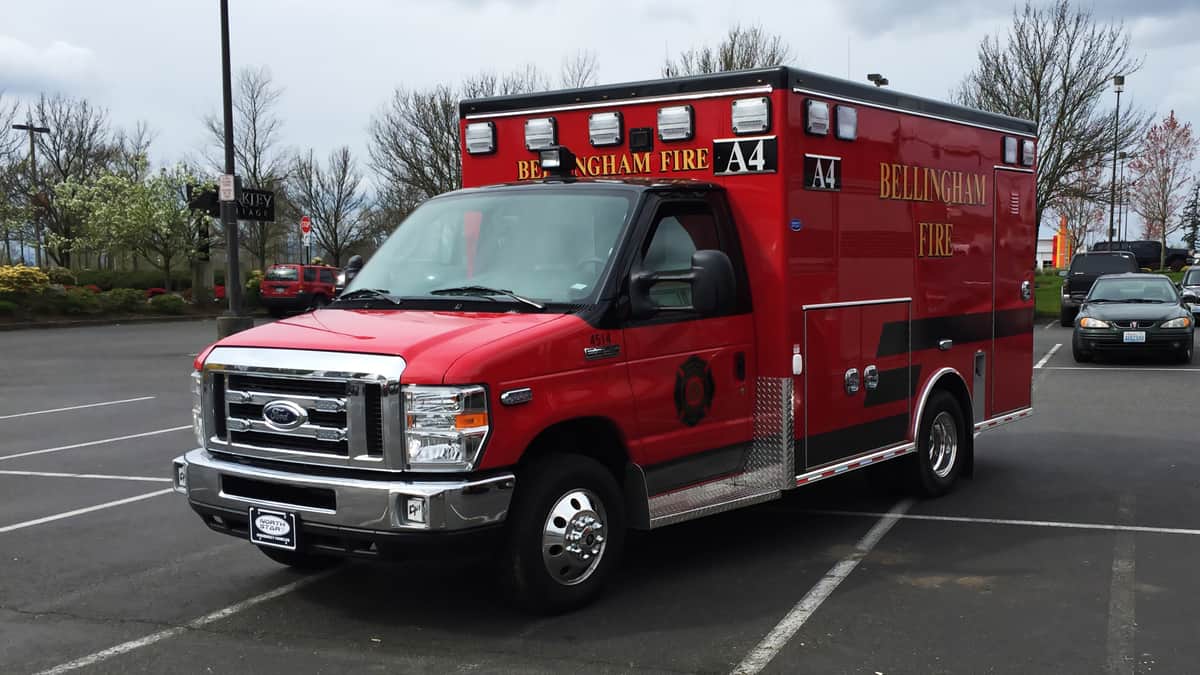Years ago, a hospital decided to open a walk-in clinic to compete with local freestanding clinics. The hospital’s leadership team chose to call it an “ambulatory” clinic, because to medical folks, “ambulatory” means that an individual is capable of walking under his or her own power.
Patients failed to show up, and the hospital didn’t understand why they weren’t flocking through the doors. After a little bit of research, they uncovered the reason: people outside the medical community … like the patients they expected to serve … saw the word “ambulatory” and assumed that it was intended for patients who arrived in ambulances.
The hospital changed the name to something like “Rapid Care Clinic,” and hit their business targets in short order.
The medical world is filled with confusing language. When a doctor says your test results are negative, is that a bad thing or a good thing? Should you be happy about a positive test, or should it terrify you? Practitioners know what they’re saying, but patients often don’t. What about your industry and your customers? Are you failing to communicate despite your best efforts?
